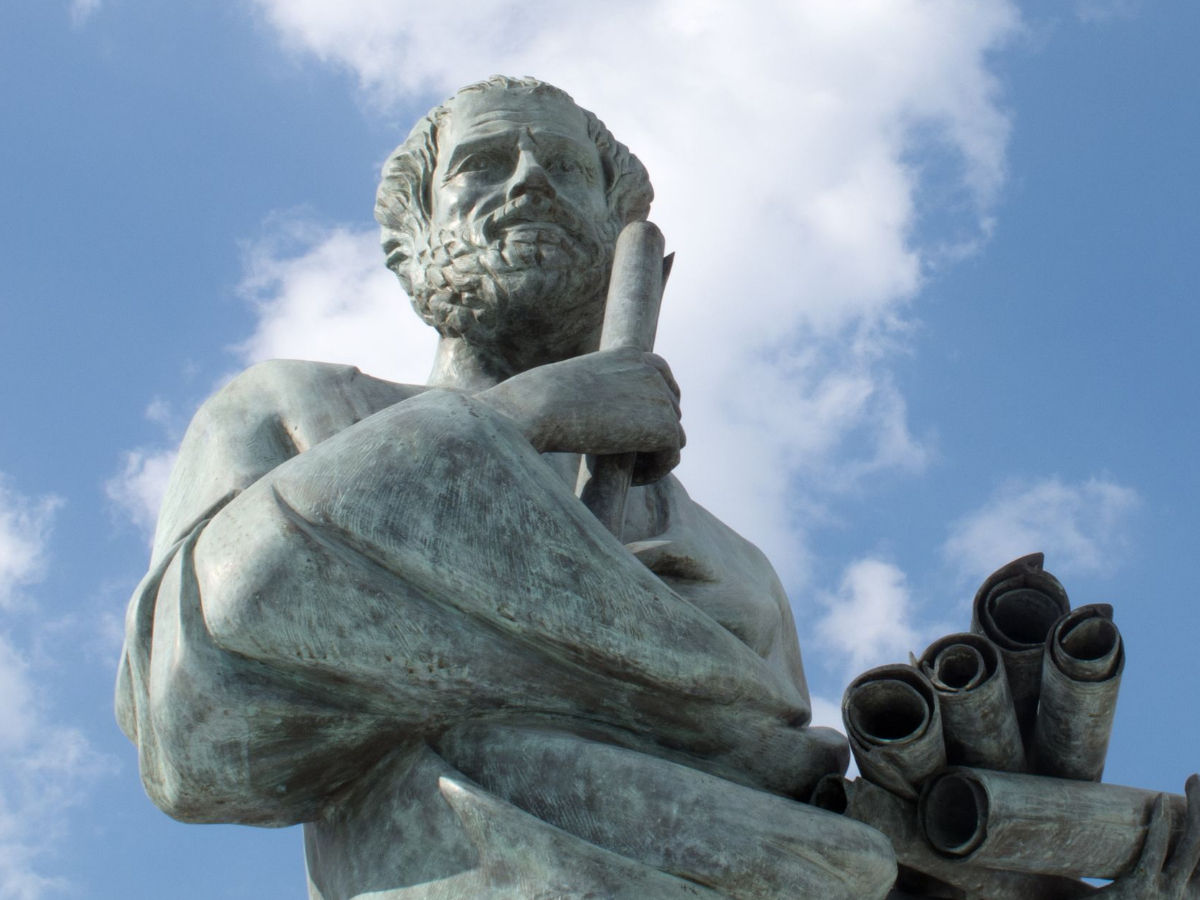Philosophy is the mother of all sciences, subjects, and reason. Originating as the earliest subject to exist philosophy has always been a matter of respect for the wise. This subject is not isolated but is the indirect symbol of wisdom, coming from the word “Philo” meaning wisdom. It has promoted knowledge and rationality above all.
Philosophers were a revered group of people, responsible for teaching princes, directing kings, and recording histories. There was a time all and every subject came under philosophy. Most of our government systems and ideas of morality came from these philosophers who managed to change the world for years to come.
Socrates
One of the earliest philosophers whose records exist, Socrates brought forward ideas that still find their way in our society and systems. He had tutored Plato who grew to teach Aristotle who then educated Alexander the Great. His legacy was hence anything but small.
“I know that I know nothing,” Socrates mentioned this statement to express the limitation of human knowledge that there will always be a difference between what we knew and what existed. One of his most famous ideas was that ignorance borne non-virtuous behavior. Lack of knowledge according to him was the basis of crime. We still believe in it, when we say that lack of education breeds crime.
Aristotle
He differed in his belief from his teacher Plato. Plato was a believer that was what one could not see; he emphasized the invisible. However, Aristotle believed in perception, what was present. Aristotle was the earliest propagator of scientific observation. He brought what we may call the objective dimension to knowledge and learning. He believed that it was important to consider the opinion of the masses and experts in philosophy. Politically he supported, democracy, public discussions, and freedom of worship the liberal ideas that echo today. Aristotle defined the plot of fiction, his format of having a have a beginning, middle, and end, with exposition, conflict, and resolution is still followed either unconsciously or consciously.
René Descartes
One of the very first preachers of modern rationality, Descartes was a major contributor to the field of mathematics. He had combined algebra and geometry to make what we today call analytic geometry. He wrote the most famous lines in Philosophy cogito ergo sum or “I think, therefore I am”. Meaning one who has a rationale has an existence. His idea or basis of thinking has influenced the plot of The Matrix.
Jean-Jacques Rousseau
Rousseau had managed to create the French Revolution through his ideas and philosophies. He was the most impactful thinker of the enlightenment era. His ideas on right to rule, morality, and equality defined the European powers for centuries to come. Rousseau was a promoter of education. He believed extensively in the ability of education to modify behavior. He believed that the learned knowledge had the power to change the moral features of a student. He was the one the earliest promoters of child-centered education.
Friedrich Nietzsche
A cultural critic, Nietzsche had a great influence on later prospering communism. He was a nihilist the basic idea that all things lack meaning, including life itself. This idea further influenced other movements that followed it like surrealism. He believed that the individual’s creative capacity to resist social norms and cultural convention to live according to a greater set of virtues is what set him apart from others. This idea further impacted individualism where singular existence gained more importance than a collective presence. He had a love for irony and used it to examine what truth in a deconstructive way.





























